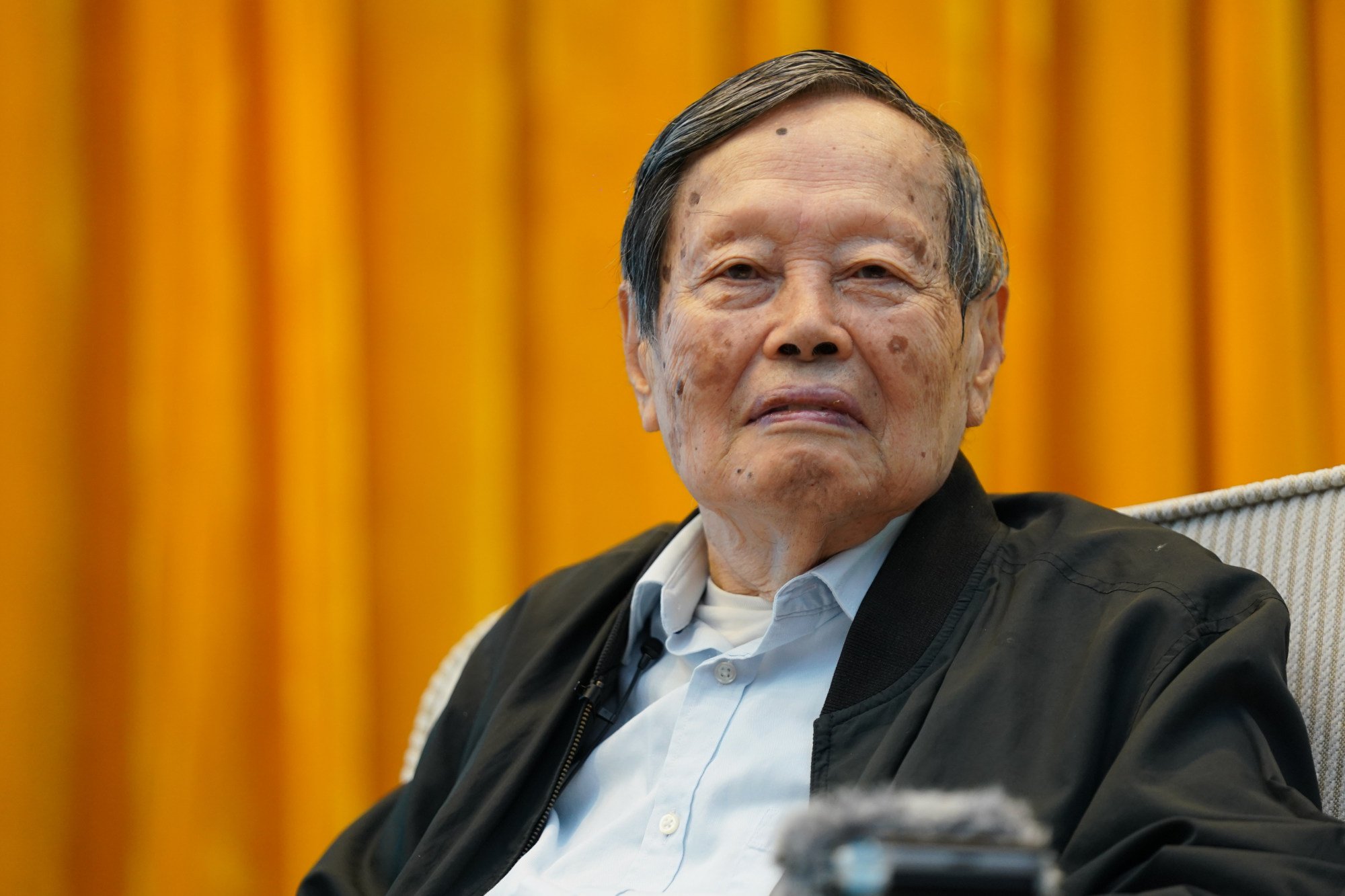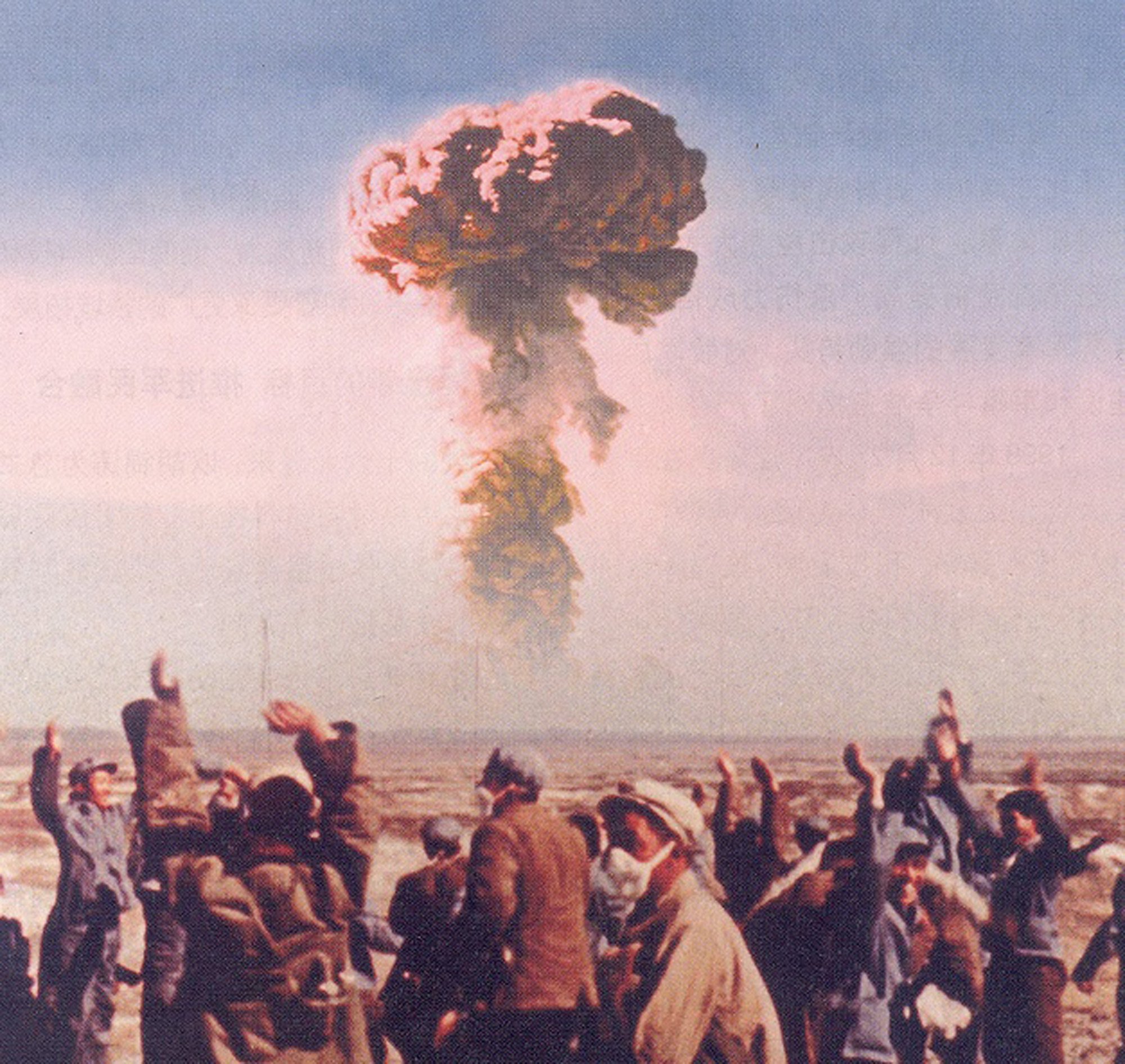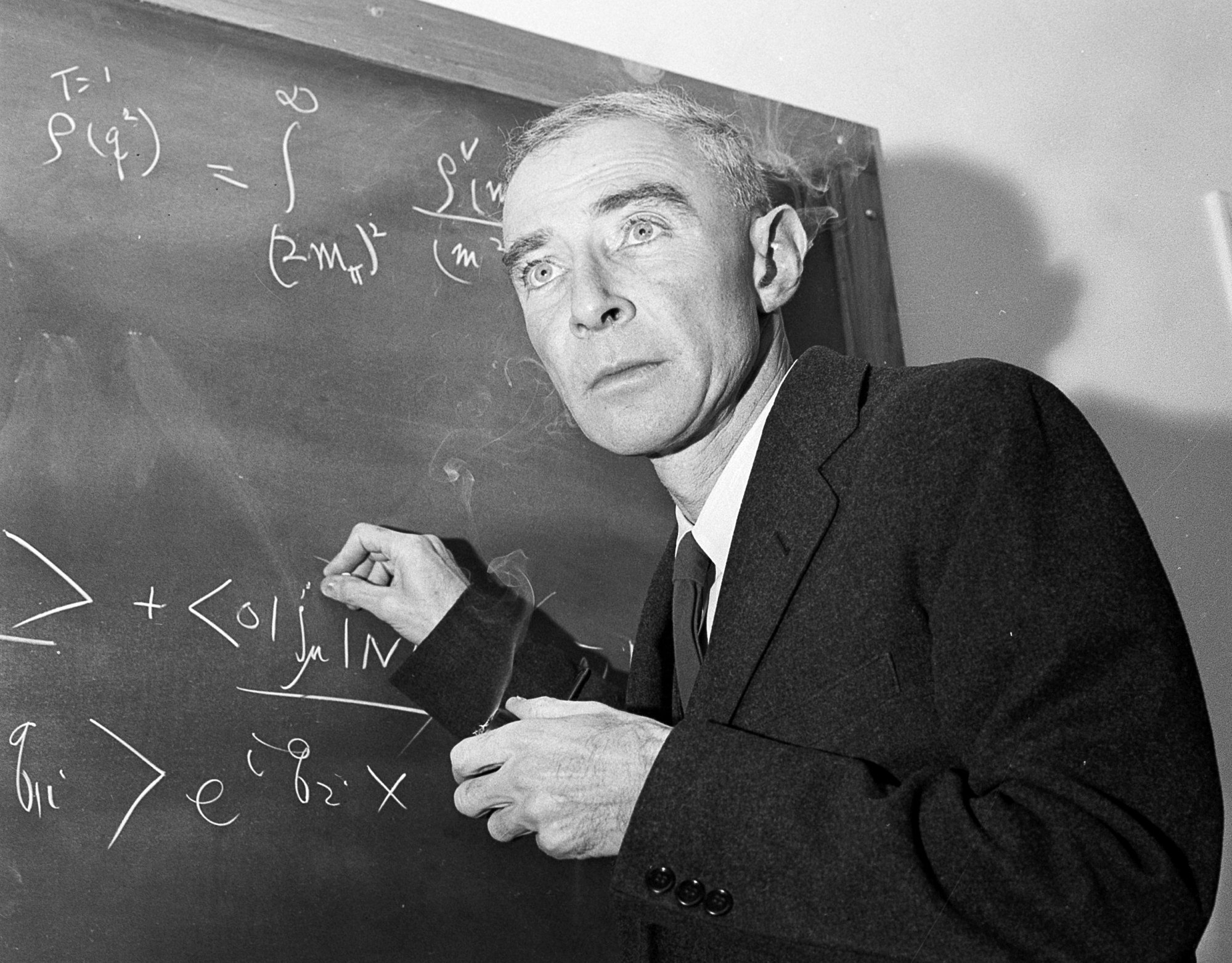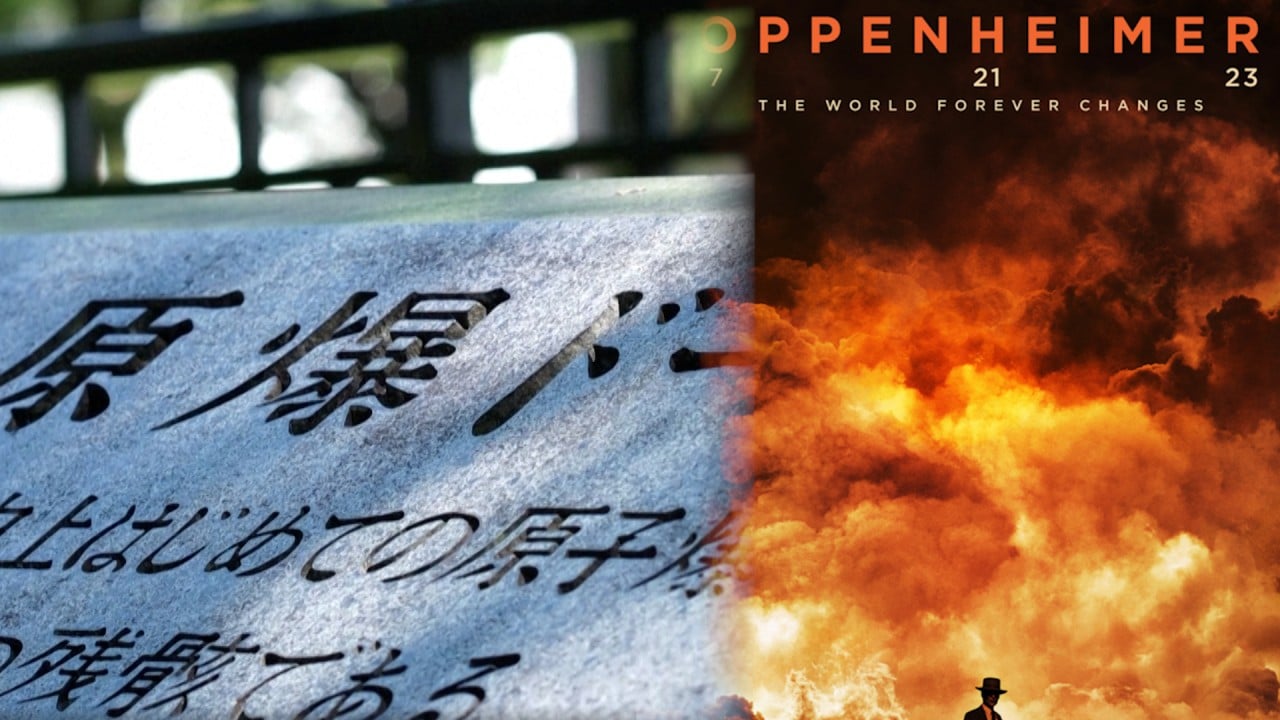How China’s “father of two bombs” emerged from the shadows shortly before his death

Even his reaction to the test was more prosaic than Oppenheimer’s. While the American physicist quoted the line from the Bhagavad Gita after testing the first atomic bomb, “Now I am Death, the destroyer of worlds,” Deng, according to his family, simply said, “It is worth dying for.”
Unlike Oppenheimer, the “restless genius who never missed an opportunity to show his superiority,” Deng “was always sincere and modest and never tried to show off.”

“Of all the intellectuals I knew, Chinese or otherwise, Deng represented the truest, most simple honesty of the Chinese peasants,” Yang wrote in 1993.
“I believe that if Deng had been American, he would not have been able to lead the American atomic bomb project. And if Oppenheimer had been Chinese, he would not have been able to lead the Chinese atomic bomb project.”
Deng was born into an intellectual family in Anhui in 1924 and grew up with the principle of “being useful to the country”.
When the Japanese occupied Beijing, then called Peiping, where his family lived, he became a war refugee. He then continued his studies, first in Yunnan Province, where he had to endure frequent air raids, and then in America at Purdue University, where he received his doctorate in less than two years in 1950.
Nine days after graduating, the 26-year-old took a ship back to the newly established People’s Republic of China. He said he decided to act quickly because he sensed the political mood was deteriorating, especially since the start of the Korean War in June of that year.
It came just in time. Two months later, direct links between the two countries were cut off after China entered the war on North Korea’s side.

In 1958, Deng was appointed head of China’s nuclear weapons program, later known as Project 596. He led a team of college graduates with an average age of 23, later reinforced by several more experienced scientists and technicians.
In September 1963, they had developed a fuel-powered implosion bomb, using a completely different technological approach than the nuclear powers of the time, and just over a year later they successfully tested this atomic bomb in the Lop Nur test in the Xinjiang desert.
Deng immediately devoted himself to developing a hydrogen bomb, working closely with chief designer Yu Min, a lifelong friend, to develop a plan that would significantly reduce the time and cost of the project. Their plans paid off when China successfully tested its first thermonuclear weapon in less than three years in June 1967.
By this time, the Cultural Revolution was already underway, bringing chaos and factionalism to the Nuclear Research Institute, but Deng – trying to stay above politics – persuaded the warring factions to get back to work by telling them: “Our first hydrogen bomb must go off before the French!”

But he could not escape the unrest that was sweeping China at the time. His sister suffered a nervous breakdown and died, his wife was attacked at work, and his daughter was sent to the countryside at the age of 14, while Deng himself was the target of fierce public criticism.
“These setbacks for him and his family were not small, but his character was so resilient that after the blow passed, he was soon able to return to normality as he always had. He never allowed himself to be discouraged, let alone broken, and as soon as his circumstances improved a little, he tried to fulfill his work plans and pursue his set goals,” his wife Xu later said.
In some cases it is reminiscent of Oppenheimer’s own experiences. During the McCarthy era in the 1950s, when he was suspected of communism, he lost many friends and his security clearance.
But unlike the American, Deng was never able to publicly express doubts or discuss the moral dimension of his work. Instead, he is said to have said that it was important to him to keep pace with the world’s superpowers so that his country would no longer be at risk of invasion or war.
“Jiaxian lived a uniquely purposeful life, consciously directed, without hesitation, without regret,” Yang said.

This motivation drove him to continue research into neutron weapons into the 1980s, and even as he was dying of cancer, he continued to work with Yu on plans to speed up nuclear tests, the last of which took place on July 29, 1996 – the 10th anniversary of Deng’s death.
Deng’s wife later testified that he told her to send it out of the infirmary as soon as it was ready, saying, “This is bigger than your life and mine.”
“Without this proposal to speed up the nuclear testing process, there would be no new generation of nuclear weapons; and without this new generation of nuclear weapons, it is difficult to imagine what our country’s national defense would look like today,” wrote his former student and colleague Hu Side in a book published this year.
According to Hu, the recommendations of the still-secret document include accelerating nuclear tests before joining the Comprehensive Nuclear-Test-Ban Treaty, developing new weapons technologies and starting studies on nuclear arms control.
Deng’s cancer was probably caused by close contact with plutonium after a failed test in 1979. Afterwards, he insisted on helping to search for the debris of the exploded bomb, exposing himself to severe radiation in the process.
His friend Yang Chen-ning, who chose a different path in life by staying in the United States to continue his research and enjoy the public recognition that the Nobel Prize brought him, said Deng once told him that they “shared the same path even though they were miles apart.”
He described his friend as “closer than a brother” and said that meeting Deng in 1971 on his first trip to China in over 20 years changed his life.
“This visit was a very, very important part of my life,” Yang said at his 100th birthday celebration in 2021.
“I can tell (Deng) with certainty that the second 50 years of my life have lived up to his expectations of a ‘common path’, and I believe you will be satisfied with that.
“Deng personally embodied the highest spirit of devotion idealized by the millennia-old Chinese tradition.”





